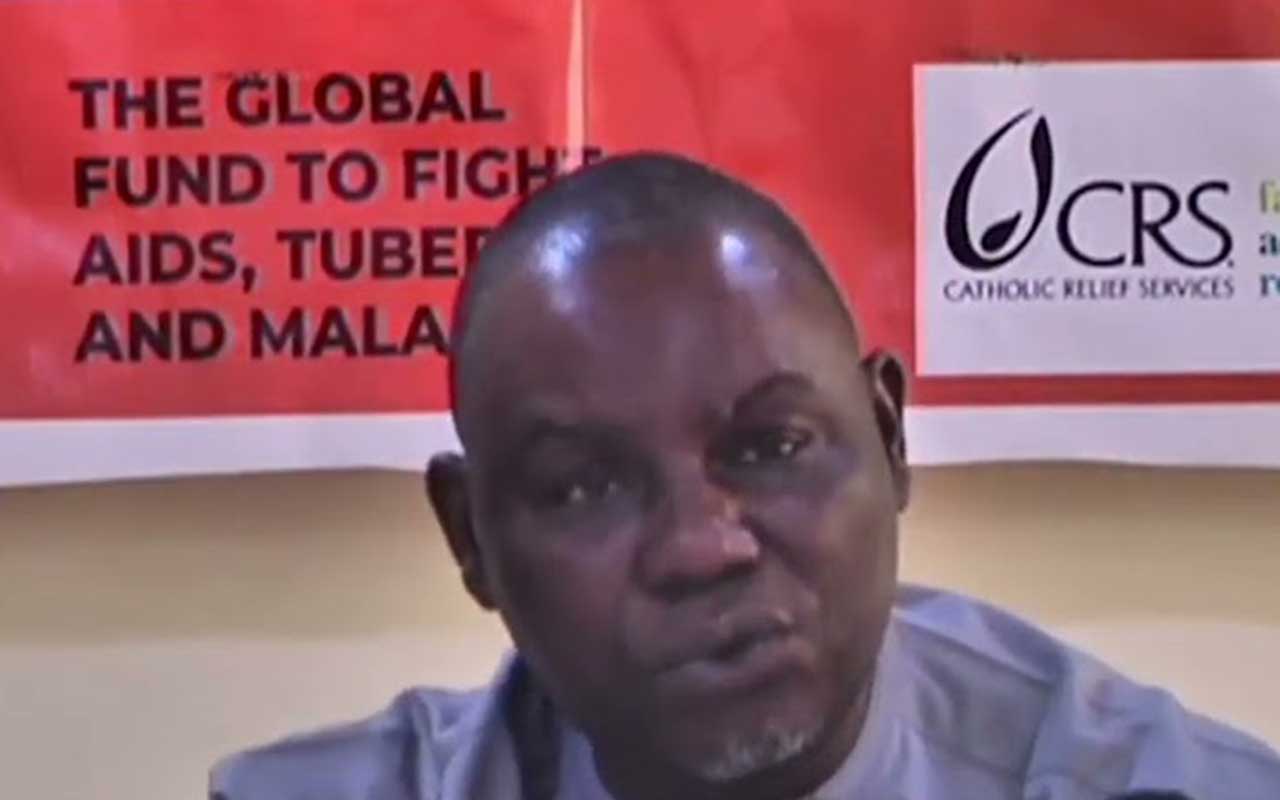
The group advocated a comprehensive strategy that includes prevention measures, improved access to diagnostic services and treatments, health education, and active community partnerships.
ACOMIN National Coordinator, Ayo Ipinmoye, disclosed that the Global Fund (GF) delisted some Primary Healthcare Centres (PHCs) from its supported facilities, and the centres no longer receive free malaria commodities due to poor record-keeping and data entry.
Speaking during a media-focused meeting in Abuja, he also revealed that the GF has allocated $11.8 million to support the revitalisation of 2,010 PHCs across the country.
Ipinmoye observed that despite efforts to resolve these record-keeping and data-entry issues, these PHCs have not yet been reinstated into the database of GF-supported facilities, resulting in the unavailability of free malaria services in such facilities.
He called on government agencies, funding partners, and other stakeholders to strengthen PHCs to ensure a consistent and sufficient supply of ATM commodities to improve health outcomes.
Ipinmoye pointed out that the barrier to effective healthcare delivery is the delayed disbursement of the Basic Healthcare Provision Funds (BHCPF) to the facility, which poses a significant barrier to the effective delivery of healthcare services.
He argued that when funds are not disbursed promptly, healthcare facilities struggle to provide essential services and respond to emerging health needs, adding that lack of timely funding has led to a shortage of medical supplies, lack of funds for ad hoc staff, and limited capacity to address the needs of the health centres.
Ipinmoye observed that in pursuit of promoting and achieving improved malaria and overall health outcomes within communities, the Primary Healthcare System has a critical role to play in serving the communities.
According to him, ensuring effective prevention, diagnosis, treatment, and support services for infectious diseases such as HIV/AIDS, Malaria, Tuberculosis (TB), and other health issues is essential, particularly for vulnerable populations and those residing in remote or underserved areas.
He observed that though the community-led monitoring activities being implemented by ACOMIN have recorded significant success, it, however, indicates that some challenges hindering effective service provision still exist ranging from an inadequate supply of malaria commodities, insufficient and dilapidated healthcare infrastructure, inadequate, inequitable distribution of health workers, and BHCPF disbursement issues.
Ipinmoye highlighted the need to address infrastructural, health workforce and funding challenges in PHCs by improving and upgrading healthcare facilities and improving the distribution of trained healthcare workers, as well as ensuring the timely disbursement of Basic Healthcare Provision Funds to enable optimal healthcare service delivery.
He lamented that many PHCs are facing an increased influx of clients, which exceeds their capacity due to increased community engagements, indicating the need to either expand existing facilities or upgrade them to Community Health Centres (CHCs).
The coordinator emphasised that the current infrastructure is inadequate to manage the growing demand for healthcare services in the communities, leading to delays in service delivery, increased work burden on the few staff, as well as overcrowding in the facilities.
Ipinmoye called on communities to take charge of their health outcomes and contribute to malaria elimination, as well as other preventable diseases. “We need to make significant steps in strengthening our health systems, building trust in our healthcare system to deliver improved accessible, and quality healthcare for all.”
The Coordinator, Global Fund Country Coordinating Mechanism (CCM), Mr Ibrahim Tajudeen, said that the primary healthcare system has not been optimal as reports show that not up to 20 per cent of the PHCs are fully functional in the country.
Tajudeen observed that the World Bank is supporting the National Primary Healthcare Development Agency (NPHCDA) to revitalise the PHCs and ensure that they have minimal equipment like stethoscopes, computers, first aid boxes, microscopes, Rapid Diagnostic kits for malaria and HIV, a minimal laboratory and constant power supply among others.
He said that the PHC revitalisation is critical to addressing the myriads of problems facing the health sector, adding that the country needs to put in place healthcare infrastructure to provide quality healthcare services for its citizens.
Tajudeen warned that if Nigeria misuses the resources being provided by the World Bank, the country will pay back hence the need to ensure that the funds are judiciously utilised.
On her part, a representative of National Malaria Elimination Programme (NMEP), Mrs Hope Obokoh, said that domestic resource mobilisation must be adopted considering the dwindling partners’ support.






